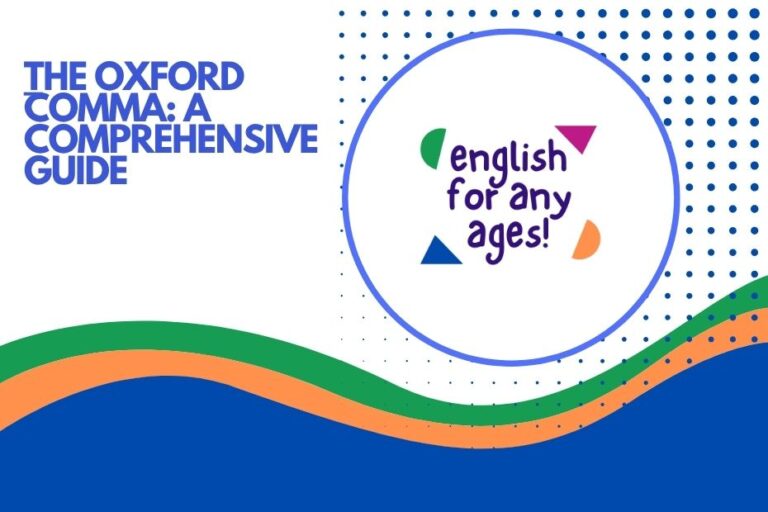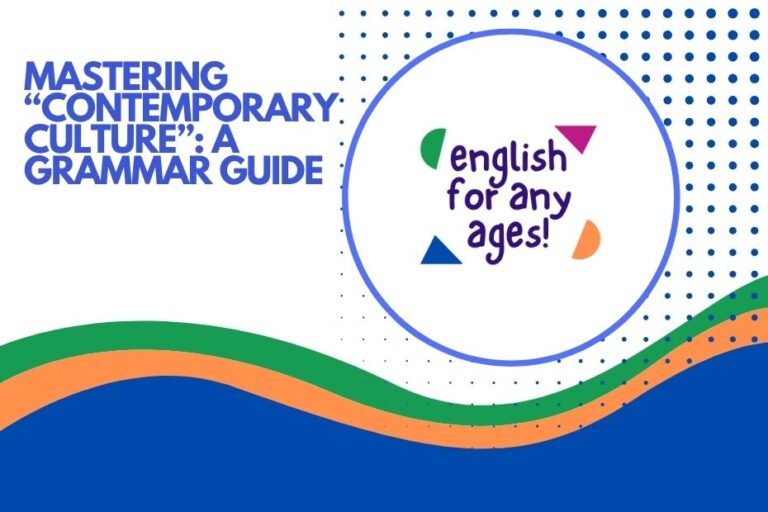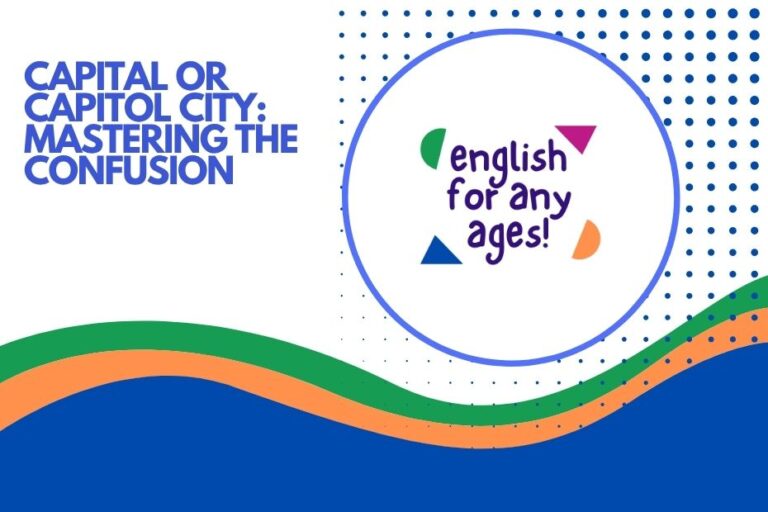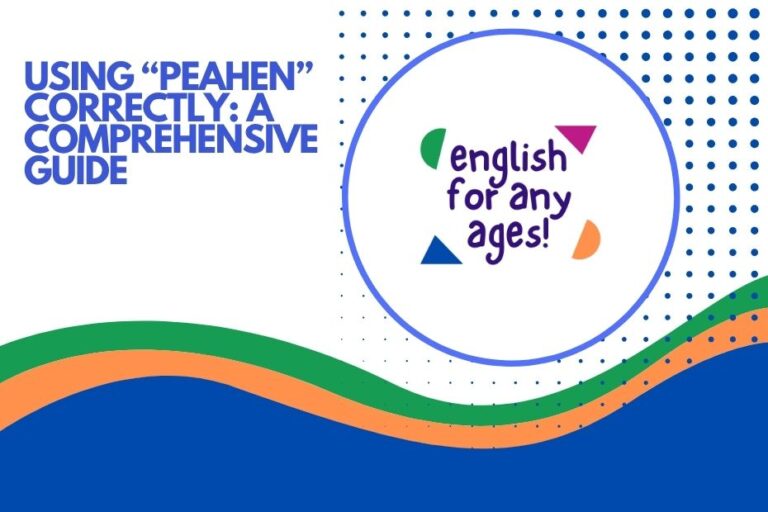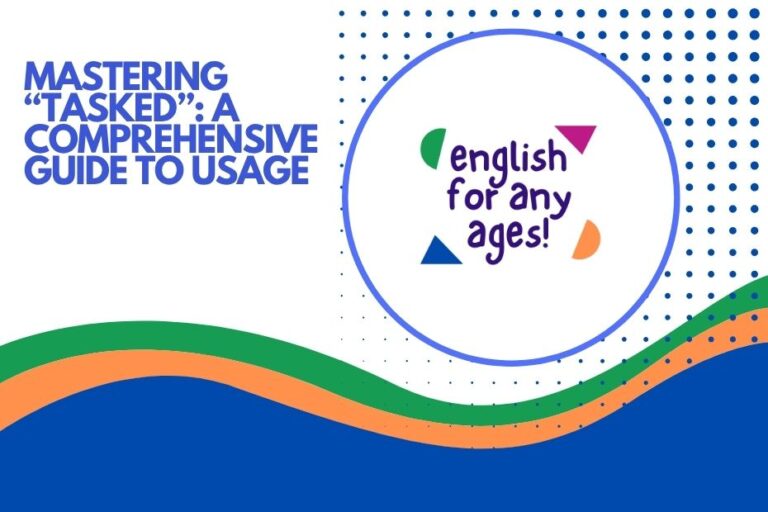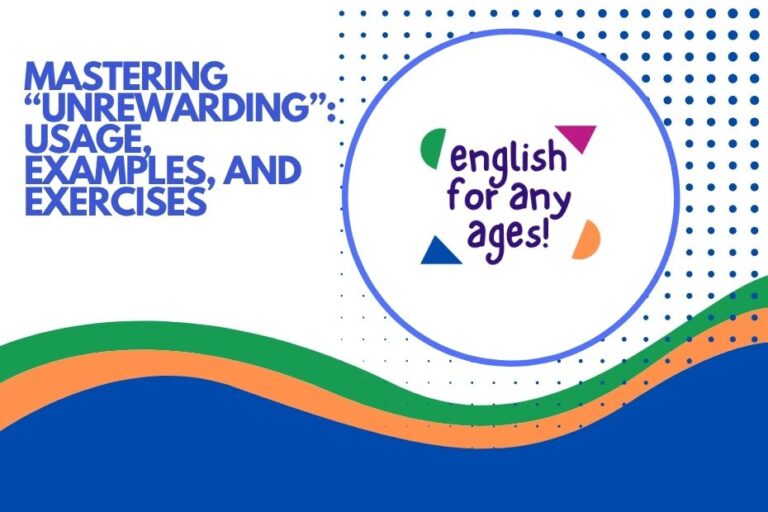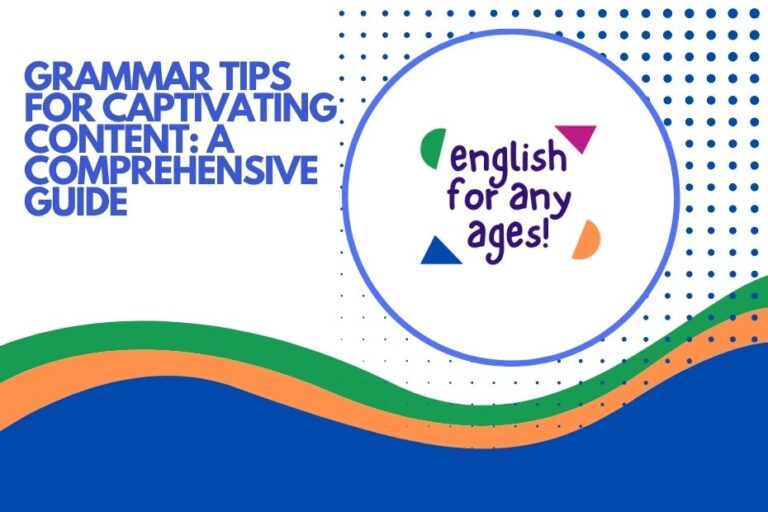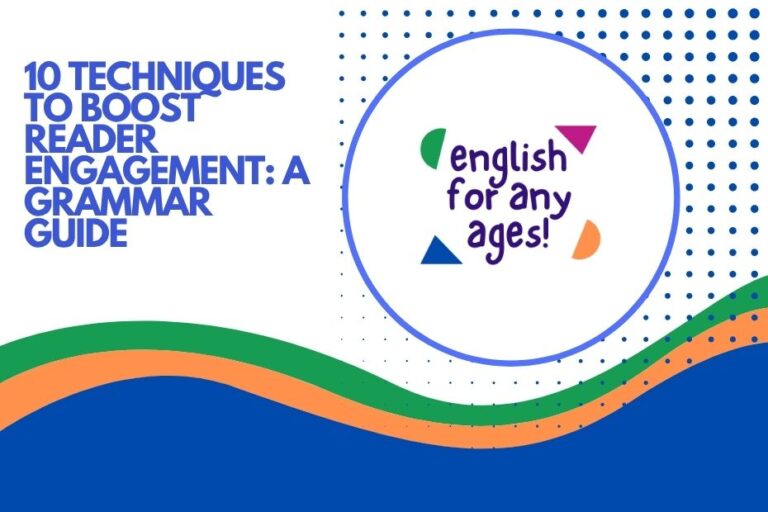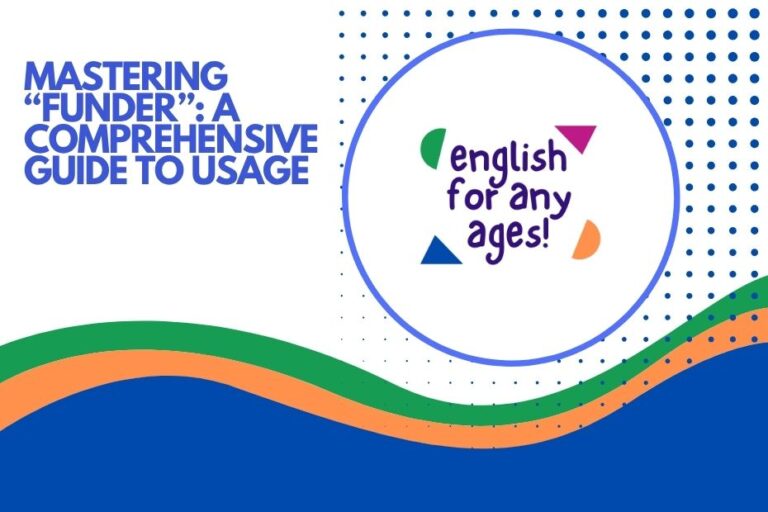Mastering “Bedizen”: A Comprehensive Guide to Usage
The English language is rich with words that evoke vivid imagery and add nuance to our communication. Among these, “bedizen” stands out as a term that describes the act of adorning something in a showy, often tasteless manner. Understanding how to use “bedizen” correctly can significantly enhance your descriptive writing and speaking skills. This article…

